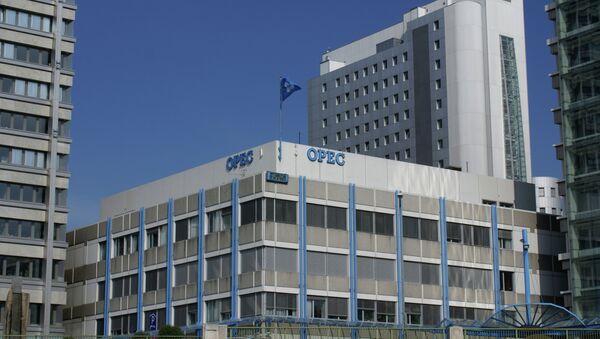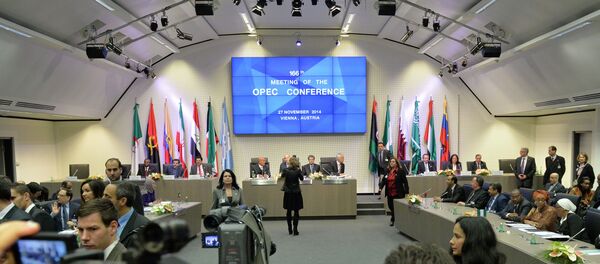"I would also like to recognize the important leadership role already played by some non-OPEC countries. The statements of some national leaders – of countries such as Oman and Russia, for example – have demonstrated their support for this meeting, and reflect a broad understanding of the importance of sharing contributions among non-OPEC countries," Barkindo said.
Barkindo added that Russia’s active role is significant and represents a good example of non-cartel states’ readiness to improve the oil market situation.
"The Algiers Accord was truly a landmark achievement. It was a collective decision reached by consensus of all the OPEC-14 Member Countries. It hindered a further slide in crude oil prices – which have since reversed direction – and also reduced volatility. These were certainly positive and encouraging," Barkindo said.
Barkindo also highlighted that the deal should be timely implemented as postponement may result in deterioration of the financial and investment conditions.
Earlier in the day, Azerbaijani Energy Minister Natik Aliyev said that adoption of a roadmap on the decisions made by the Organization of the Petroleum Exporting Countries (OPEC) in Algeria on freezing oil production will depend on the positions of Iraq and Iran, adding that the two states were interested in increasing oil production and returning their positions on oil markets.
On September 28, OPEC member states agreed on cutting its oil production to 32.5-33 million barrels per day for the whole cartel, however, no exact limits for each country have been placed. The OPEC countries are set to finalize the agreement on oil output freeze at the OPEC summit in Vienna on November 30.





